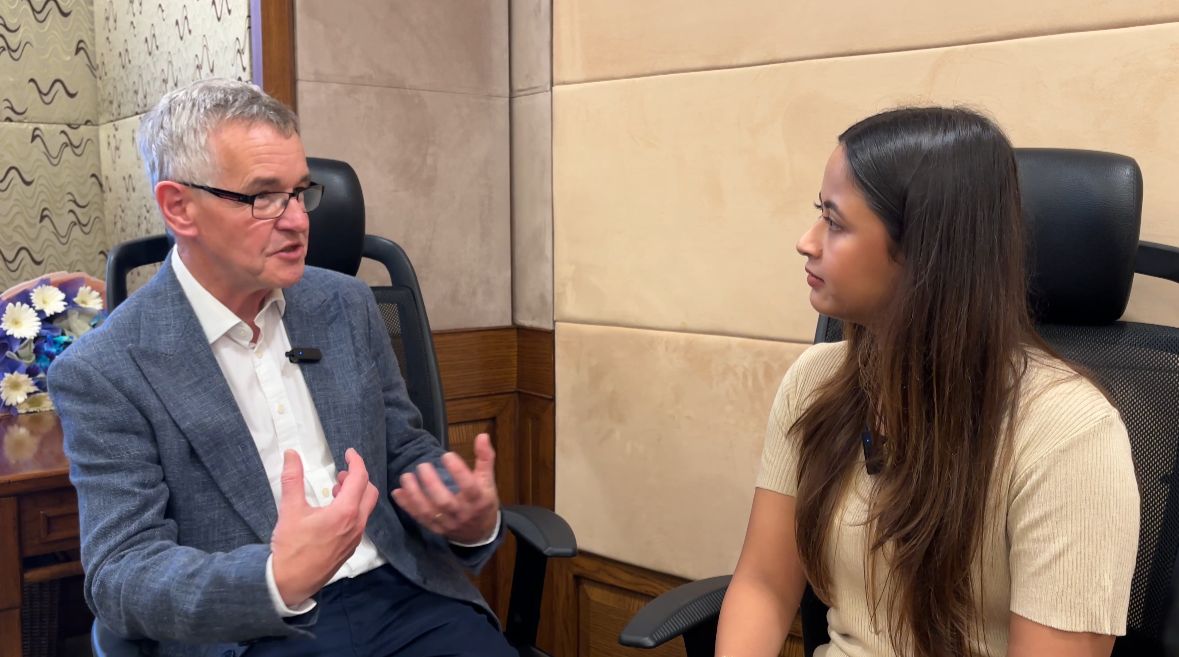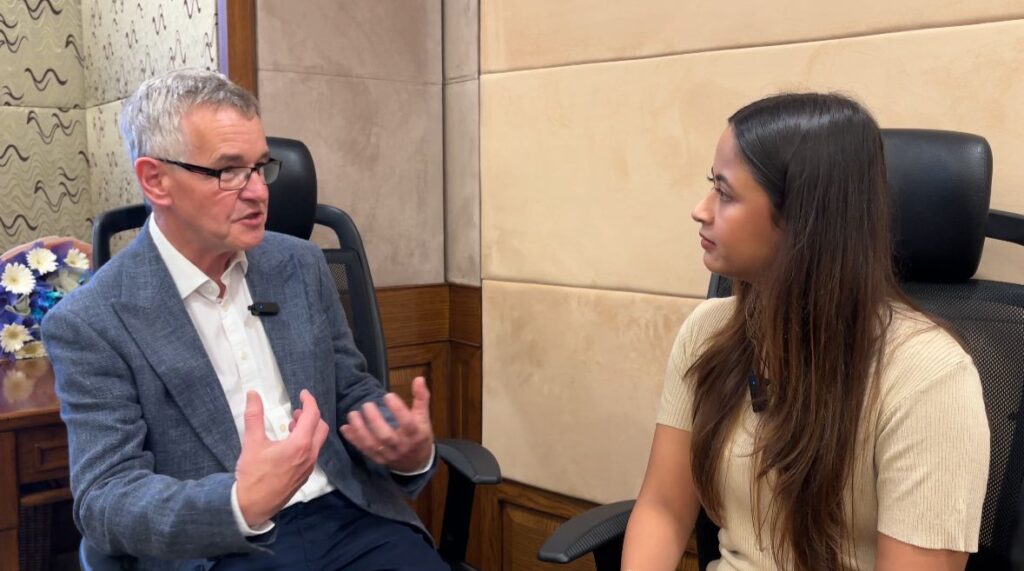
With the 2026 Commonwealth Games fast approaching, all eyes are on who will host the events. Chris Jenkins, President of the Commonwealth Games Federation (CGF), gave us an exclusive peek behind the scenes, offering insight into the discussions shaping the future of this iconic multi-sport competition.
What’s the Deal with Glasgow?
One of the biggest questions floating around is whether Glasgow, the host city from 2014, will once again take centre stage. Jenkins remained tight–lipped but confirmed that talks are still very much in progress. “The conversations are still ongoing,” he noted, avoiding any concrete answers but hinting that the decision is still up in the air.
Beyond the city itself, Jenkins emphasised that the 2026 Games are about much more than just a location, they’re about setting the stage for a new direction for the entire event.
“As we reset and reframe, the first step is 2026,” he explained. “You may see some aspects of a sustainable new model coming through.” The focus is on reducing costs and making the Games more sustainable by using existing venues—a practical solution for today’s economic challenges.
Was the President hinting at a Hybrid Model for the 2026 CWG?
Jenkins is looking to change how the Commonwealth Games are run, making them more adaptable and cost-effective. His vision centres on collaboration, not just with host cities but also with national governments to ensure everyone benefits. “We’ll be talking to our members in the next few weeks. The real focus is cutting costs—using existing venues and accommodations, optimising sports programs, and co-creating the Games with governments,” Jenkins said.
He was optimistic about the future, mentioning that some of these new ideas could be fully in place by 2030 or 2034. Jenkins added, “I presented this to the Commonwealth Sports Ministry just before the Paris Olympics 2024,” he said. “The talks have been really fruitful.”
Competing on the Global Stage
With major events like the Olympics and Asian Games dominating the sports world, where does the Commonwealth Games fit in? Jenkins believes the CWG holds a special spot, particularly for developing athletes. “We are neatly placed alongside the Olympics and regional tournaments, but countries send one or two athletes to an Olympics and send more to us,” he explained. “The CWG is an important part of developing athletes. For some athletes or sports, this might be as high as they get.”
Inclusivity is also a key part of the Commonwealth Games’ identity, especially with the inclusion of para-sports. “We’re being quite interventionist, offering support to athletes and training coaches,” he said. Jenkins also highlighted the groundbreaking GAPS program, which aims to expand access to sports across the Commonwealth. “The CWG is a really special place within the sporting infrastructure,” he added.
India’s Role in the Commonwealth Games’ Future
India has been a significant player in the Commonwealth Games, and Jenkins is keen to strengthen that relationship. He spoke fondly of the country, reflecting on his previous visits and hinting at exciting future collaborations. “Working closely with our largest member is really important to me,” he said. “I love India. I came here for the Youth Games and the Commonwealth Games. Being President now and meeting with the government and officials has been exciting and fruitful.”
Looking forward, Jenkins saw India playing an even bigger role, not just in the upcoming Games but in other projects as well. “I see a close working relationship developing, not only on the Games but also on other projects,” he said.
A New Beginning for the Commonwealth Games?
As Jenkins leads the Commonwealth Games Federation into this new chapter, the 2026 Games will likely be a turning point. Once they’re held in Glasgow, in a scaled-down version, Jenkins envisions a collaborative model in future, whichprioritises sustainability, inclusivity, and financial prudence. For Jenkins and the CGF, the journey to 2026 marks the start of a broader transformation.




